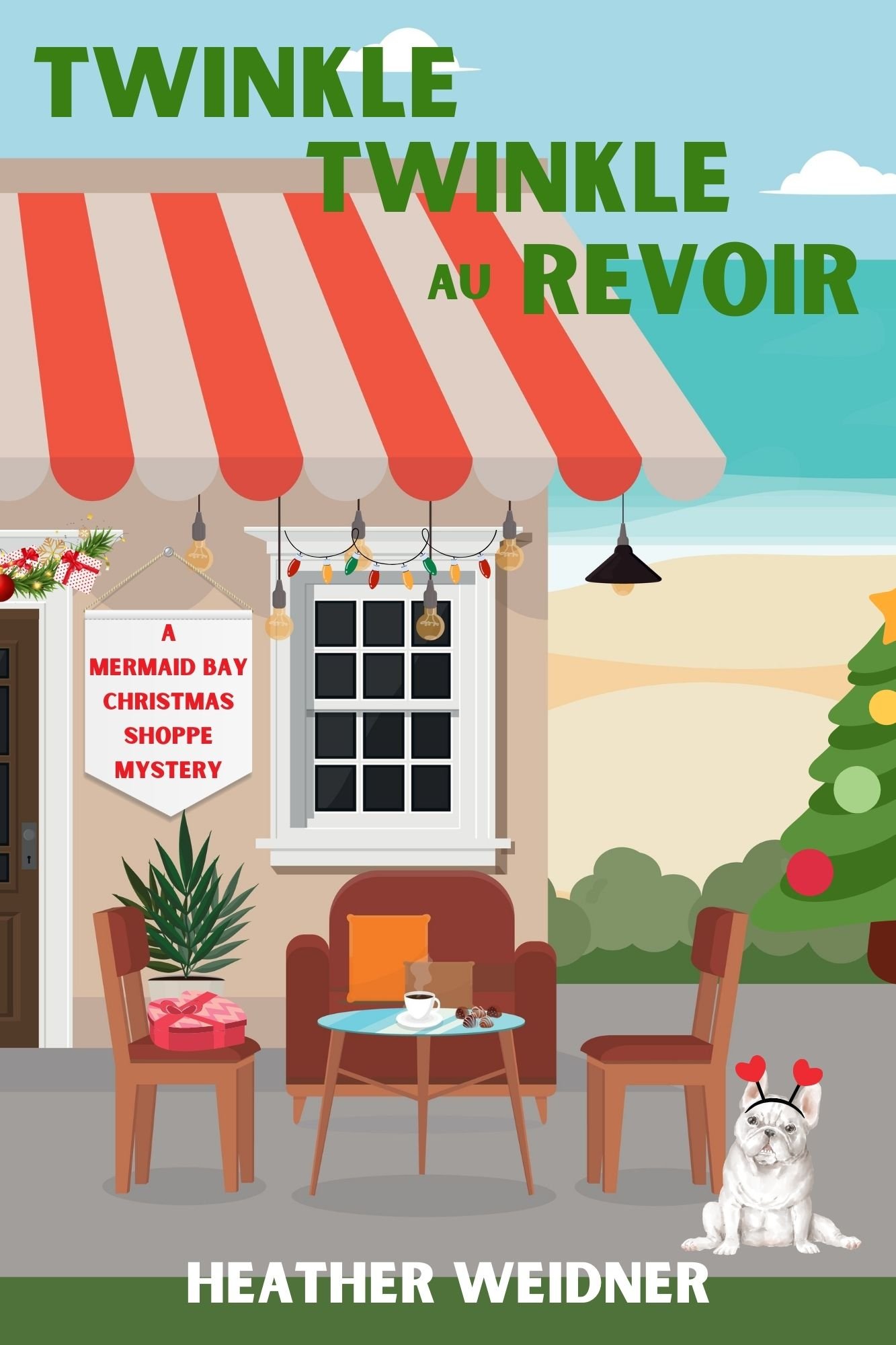Getting the ROT out of Your Writing
/I finished a seminar at the day gig on document management, and the focus was removing ROT - Redundant, Obsolete, and Trivial documents from your files. I would argue that you can do the same thing to improve your writing. Print out your manuscript, grab your editing pen, and read like a critic.
Redundant - Look for:
Places where you’ve repeated descriptions
Overused words and phrases (I have a list that I always check for.)
Too many uses of the character’s name or too many he/she pronouns
Dialog tags (he said/she said) that you don’t really need
Obsolete - Look for Outdated References to Technology:
It’s rare that anyone tapes or videotapes anything. Faxes are ancient unless it’s going to someone’s email. And people with electric car windows don’t roll or wind the window down. Old habits are hard to break.
I wrote myself in a corner one time with inked fingerprints. Most departments use a fingerprint scanner these days unless the computers are down.
Most people use their phones these days for just about everything. It’s rare if you see a camera, calculator, or a videorecorder. It’s also a lot of people’s only flashlight.
Trivial - Look for:
Chit chat. It’s nice to be friendly, but you don’t need a lot of the greetings and thank yous. Try to find spots where you can eliminate unnecessary chatter.
Descriptions or dialog that doesn’t relate to the action or the story. If it’s filler, get rid of it.
Big data dumps in your writing. These are usually detailed descriptions, too much backstory, or long narrative paragraphs. Eliminate what doesn’t move your story forward. You don’t want to take your reader outside of the story’s action.
What would you add to my list?
















